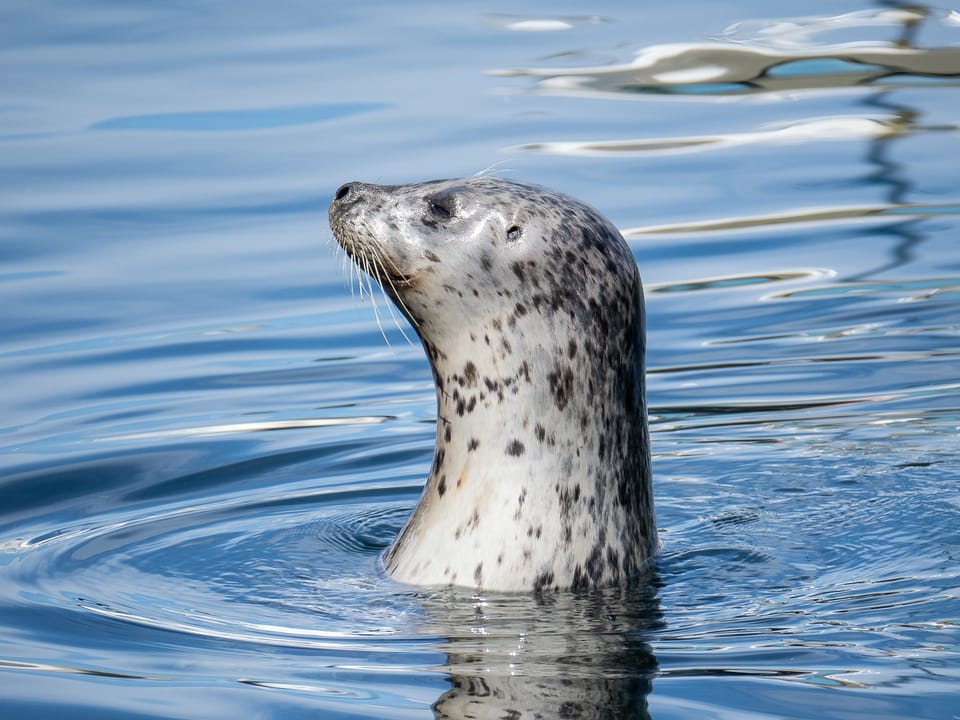EcoWest News, November 8, 2022

Welcome to EcoWest News, a weekly round-up of news and resources that you can put to use in addressing environmental issues and protecting the wild in your community.
Small is Beautiful
Lenore Fahrig, winner of the 2022 Gerhard Herzberg Canada Gold Medal for Science and Engineering, says it’s worth saving even fragmented parcels of habitat as they can have a big impact in terms of protecting species. [CBC Radio]
Urban parks in all parts of a city provide important habitat for birds. [Frontiers in Ecology and Evolution]
The goal with prairie restoration projects should be to restore function by increasing the size and connectivity of remnant prairie patches. [Prairie Ecologist]
Community Action
Wales will establish a state-owned renewable energy developer to scale up renewable energy rollout. Profits will go towards improving home energy efficiency and creating clean energy jobs locally. [Welsh Government]
There’s a housing crisis in many parts of Canada, but it would be short-sighted to use it as an excuse for doing away with green building standards as is currently proposed in Ontario. [Passive House Canada]
These 5 communities show that it is possible to design heatwave and hurricane-resilient cities by planning ahead and working together. [Union of Concerned Citizens]
Faced with mounting impacts from warming and a push for resource development, Indigenous communities in northern Canada are setting aside vast areas for protection. They are also partnering with scientists on research that can help conserve their lands and their way of life. [Yale Environment 360]
Greening Cities - Integrating Urban Greening and Ecology into City and Neighborhood Planning and Connecting Green Infrastructure is a useful resource to help communities incorporate climate and nature-based solutions into municipal projects. [Cities4Biodiversity]
Art and Nature
Christi Belcourt uses art “to raise awareness about endangered species, about the importance of water, the sacredness of water and the interconnectedness of every living thing that sustains life on Earth.” [Rewilding]
Climate activists have shocked the world by attacking famous artworks. “Their point is that if we don’t have a planet, we’ll lose all the things in it that we seem to value more.” [The Conversation]
Sounds of Nature
Seals are very musical. “Baby seals have been known to sing low notes to get attention, and their knack for being noisy sets them apart from other animals.” [Popular Science]
The Sounds of Life by UBC professor Karen Bakker opens a window on non-human communication. Peacocks are using their fan-like tails to create an auditory as well as a visual display. Plants respond to the sound of insects chomping on leaves – so long as the insect is one of their predators. [Yale Environment 360]
“Most of the animals, and plants, we label as invasive have some sort of obvious and negative economic impact. We have, as a consumer culture, become conditioned to frame everything in terms of business and monetary interests rather than ecological concerns.” [Bug Eric]
Photo credit: https://www.flickr.com/photos/apmckinlay/52252101848/
EcoFriendly West informs and encourages initiatives that support Western Canada’s natural environment through its online publication and the Nature Companion website/app. Like us on Facebook, follow us on Twitter, or subscribe by email.

Member discussion